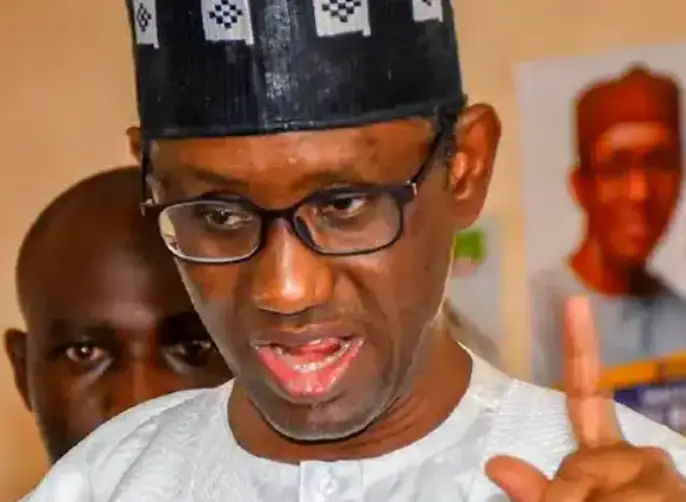The National Security Adviser, NSA, Nuhu Ribadu, said social media have become a priority and issue of national security.
Ribadu stated this in Abuja at a meeting with spokespersons of organisations under the umbrella of Strategic Communication Interagency Policy Committee.
According to the NSA, negative use of social media constituted both local and global threats.
Ribadu disclosed that the National Security Strategy (NSS) was last reviewed in 2015, a situation that gave rise to the launch of the 2019 version, which he said was now under review.
He directed media managers in the defence, security and response agencies to change their approach to engaging with the public and countering disinformation from enemies of the country.
This comes as the detained terrorist negotiator, Mohammed Tukur Mamu, begged a Federal High Court, Abuja, to order his release from the custody of the Department of the State Services (DSS) to the Correctional Centre in Kuje, in the Federal Capital Territory (FCT).
The NSS document is reviewed every five years in view of the changing dynamics of security threats in the country.
Ribadu said members of the Strategic Communication Interagency Policy Committee must be proactive and strategic in national security communication management.
He said the spokesmen in the security sector must address the worrying use of the media and social media platforms in creating division between the citizens and governments at various levels.
Ribadu also listed the preponderance of fake news, misinformation, and disinformation as threats to national security and public engagement.
He said, “Across the world, we have also assessed the adept use of social media platforms by those who seek power to shape public opinion against citizens. This threat is both global and local and presents an immediate national security priority.
“The urgency to prepare and be proactive in our national security strategic communication management is now, and the spokespersons have a critical role to play.”
Ribadu asserted that the National Security Strategy 2019, currently under review, identified strategic communication as an element of national power.
He said the strategy should be integrated into all operational aspects, including information operations, psychological operations, public diplomacy and public relations, so as to project the country’s national power and values.
The NSA also called for the adoption of a plan of action to engage Nigerians, build trust, and counter violent extremism.
Ribadu charged the spokespersons to synergise and coordinate efforts to deny media space to terror groups and criminal elements, like Boko Haram and armed bandits, bent on stifling citizens’ freedom to life, dignity and security.
The NSA said in engaging with the public, communicators in the security sector should adopt strategies that take into account the personal sacrifices of service personnel.
He said, “Upon the sweat and blood of service personnel and the men and women who protect us daily, we must build a narrative of resilience and mobilise our people.
“We must tell their stories and sing their praise as part of a broader national strategic communication programme.
“As spokespersons, you have a critical role to play in effective governance communication to project our results and reach audiences at home and abroad.
“Countering fake news will require that we are ahead of the news and proactively update the public.”
The NSA promised to ensure that government communication aligned with President Bola Tinubu’s vision and directives, and the messages were well-coordinated and in line with national security objectives and values.
Social media now priority for national security — NSA Ribadu
